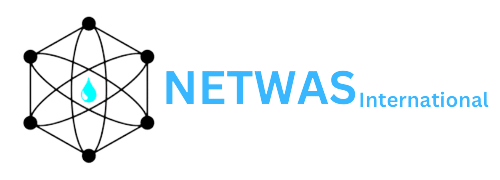
NTS011: Scaling Up Community Management for Sustainable Water Supply, Sanitation and Hygiene Services: A Practical Approach
- Duration: 2 Weeks
- Date: Scheduled Training Program - NTS011
- Venue: Nairobi, Kenya
About the Course
Over the decades, and especially during the UN International Drinking Water and Sanitation Decade (1981-1990), many projects were built in developing countries. Most were initiated and implemented by governments, donor agencies and NGOs with little or no involvement of beneficiary communities (supply-driven approach). Further, most of these organizations preferred to implement without involving the government, or other NGOs, for implementation efficiency. The operation and maintenance of these projects was undertaken by governments. With time, poor management structures and diminishing resources made it difficult for governments to maintain and sustain them, which led to the collapse of 20 to 40% of the projects. The effects of this was a marked decline in water and sanitation coverage, access, loss of investments and user benefits. Water sector reforms driven by policy changes have resulted in a shift from centralized systems to community managed services. Scaling up is a process of accelerating coverage from “islands of success” to entire populations. The overall objective of scaling up water supply is to secure long term sustainability of community managed water supply and sanitation services; and to rapidly serve more people with sustainable water supply and sanitation services and reach 100% coverage within a geographic area. Scaling up requires different approaches to implementation, especially a move away from projects towards a service delivery approach. Communities need to be empowered to take over the operation, maintenance and management of water supply, sanitation and hygiene projects and to work in partnership with governments and other partners. According to the World Bank, scaling up should meet two critical criteria; namely that of inclusion and institutionalization.
Objectives
- To build capacities within the communities and agents working with them to ensure proper management and sustainability of water and sanitation facilities.
- To addresses key issues in scaling up community management including how to move from micro to macro at regional level, replicating the “best practice” and linking water for people with water for livelihoods.
Who can benefit from this course?
Staff who plan and manage community-based water supply, sanitation and hygiene programs, development workers and programs leaders, managers and trainers of community based organizations, development partners and UN Agencies, NGOs and Government agencies. Tutors and lecturers from sector training institutions and managers of funding agencies.
